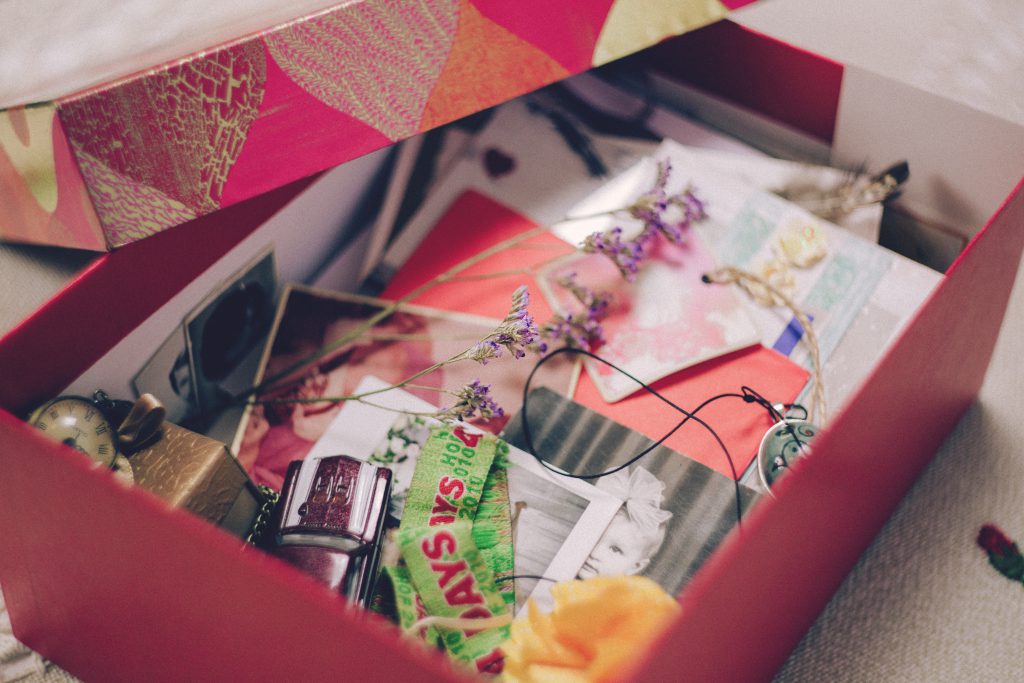What Does Existential Absurdity Scent Like?
페이지 정보

본문
Right now, in a lab somewhere, Memory Wave Protocol somebody is testing a scent combination for the 491st time. Months have been spent systematically adjusting ratios of woodsy to floral, in search of steadiness. It's possible you'll not know any perfumers by identify, however you definitely know their work. Jacques Guerlain created Shalimar (1925). Calvin Klein's Obsession (1985) was Jean Guichard. This is probably the most seen facet of the perfumery commerce and certainly the most glamorous. But what perfumers truly create are merely scents, and people scents have endless purposes. The "sensual jasmine" of a perfume. The "calm vanilla" of a body wash. Scent formats are countless. Perfumers - "noses" in trade converse -- are usually not. Perfumery is an unique line of work, to place it mildly. It's also considerably mysterious, a singular mix of artwork and science that seeks to outline, in olfactory phrases, the undefinable. Some people are merely born with the ability to scent more substances, and with higher sensitivity, than others. Perfumers are a few of those individuals.
Great perfumers are consistently experimenting, combining important oils in stunning methods as they seek for some elusive aroma, an olfactory expertise that achieves the desired emotion or effect when somebody applies it. The science is molecular chemistry, the important platform on which this creative experimenting and innovating rests. Scents are particles of matter, comprised of molecules. The highest notes are quickest to the nostril and quickest to dissipate, as a result of their molecules are small and risky. The middle notes reach the nostril second and last lengthy sufficient to overlap with the third element, the bottom notes. The bottom notes final the longest and create the overall sense of a perfume. Perfumers use their knowledge of those molecular properties to design a scent that "unfolds," or evolves over time. And when they got down to create a scent, they begin at the underside, with the bottom notes. Notes are individual scents. When varied notes are combined, they form a brand new scent referred to as an accord.
A base accord, center accord and prime accord make up a perfume. Holding those check strips together, the perfumer smells the resulting accord. If it works, voila. Much more likely, the experiments start. Proportions of the essential oils could also be adjusted incrementally, repeating the take a look at-strip process for each new ratio, making comparisons and taking notes. A third or fourth essential oil may be added. One of the unique important oils may be eliminated. When the perfumer is holding an array of scent strips that emits the perfect base accord, the process begins anew for the center notes, ultimately ensuing in the center accord. Once the middle accord is perfected, that set of strips is paired with the strips of the base accord, and experimenting begins again, this time making adjustments primarily based on the interplay between the bottom and middle accords. Some creative souls with superb noses stumble into the profession, however that is rare.
Lots of colleges, universities and personal organizations provide perfumery courses, and some supply certificates within the artwork, however specialized degrees are more durable to come back by and sometimes require learning at a dedicated perfume college. Perfume colleges offer courses in matters like scent formulation, purposes of pure vs. A system that took 491 trials to good. But that's par for the course. Perfumers are a affected person people. What Does Existential Absurdity Scent Like? Creative processes seldom translate. So I settled here for the concrete: substances, ratios, Memory Wave coaching. Perfumers are artists, and every has his or her unique strategy to the work. To get a real really feel for the artwork of perfumery, you in all probability have to get a set of important oils and a few scent strips and have at it. Can I be allergic to perfume? How much is an excessive amount of in relation to perfume? What is the difference between cologne, eau de parfum and perfume? Why can one perfume produce totally different scents on the same person? The American Society of Perfumers. Fox, Kate. "The Smell Report: The human sense of smell." Social Issues Analysis Center. Grey, Geoffrey. "The Invisible Scent." New York Journal. Gross, Liza. "A Genetic Basis for Hypersensitivity to "Sweaty" Odors in People." PLOS - Biology. Howgego, Josh. "Sense for scents traced down to genes." Nature. Hume, Marion. "Making Scents of It." Time journal. Keville, Kathy and Mindy Green. Ten Pace Press. 2012. p. Milojevic, Marina. "Musk." Fragrantica Perfumes Magazine. Monell Chemical Senses Center. Palmer, Alun. "20 fascinating information about our sense of scent." The Mirror. Starwood Motels and Resorts. Stone, Alex. "Smell Turns Up in Unexpected Places." The new York Times. U.S. News & World Report. Williams, Kate. "So that you assume you need my job? - Perfumer." Cosmopolitan.

- 이전글Interesting u31 Games at Leading Thailand Casino 25.08.16
- 다음글Bug Zapper Indoor Insect Trap Review 25.08.16
댓글목록
등록된 댓글이 없습니다.

